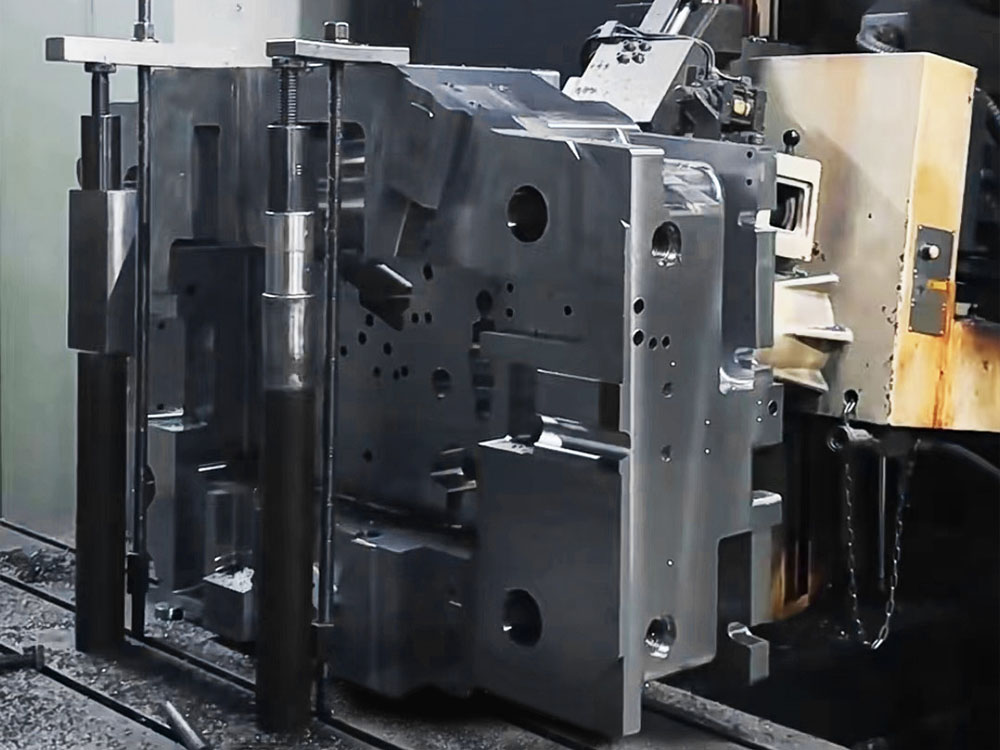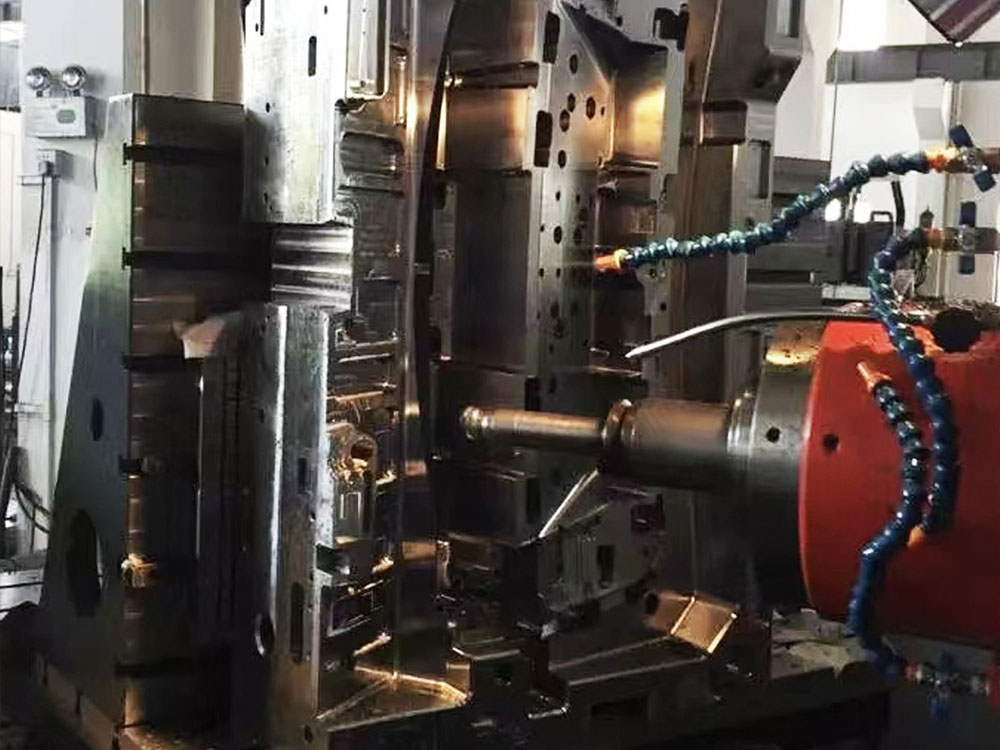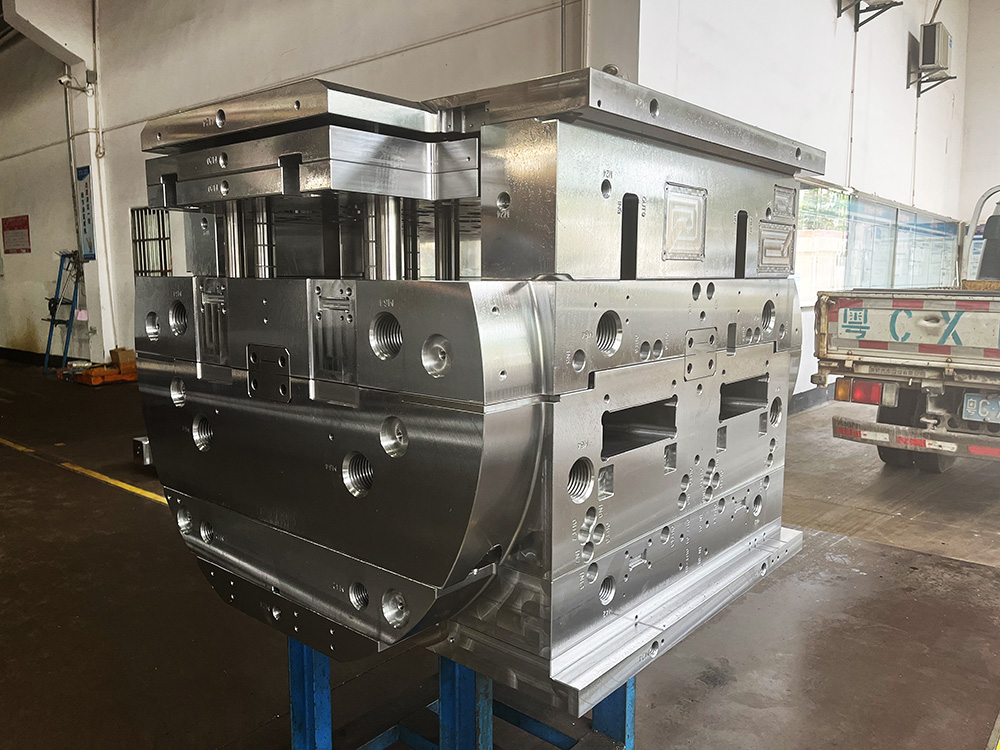Application of Non-standard Embryo Moulds in High-precision Production
With the increasing demands for high-precision production in various industries, the mold base industry has also witnessed significant advancements. Non-standard embryo moulds have emerged as a crucial tool in achieving the required precision in mold production. This article aims to explore the applications of these non-standard embryo moulds and their role in high-precision production.
1. Overview of Non-standard Embryo Moulds
Non-standard embryo moulds refer to the molds that are custom-designed and manufactured according to unique requirements of specific products. Unlike standard molds, non-standard embryo moulds offer a higher degree of precision by catering to the individual needs of the production process. These molds are primarily utilized in industries where accuracy and complexity are critical, such as automotive, aerospace, and medical sectors.
2. Advantages of Non-standard Embryo Moulds
2.1 Enhanced Precision: Non-standard embryo moulds enable high-precision production by accommodating the specific dimensions, shapes, and features required by the product design. This precision is achieved through computer-aided design (CAD) and computer numerical control (CNC) technologies, ensuring minimal error and superior accuracy.
2.2 Improved Efficiency: The use of non-standard embryo moulds eliminates the need for multiple adjustments and modifications typically associated with standard molds. This streamlines the production process, reduces lead time, and increases overall efficiency. Additionally, the customized design of these molds allows for better integration with automated production lines, further enhancing productivity.
2.3 Cost-effectiveness: Although non-standard embryo moulds may require higher initial investment compared to standard molds, they deliver long-term cost savings. The precision and efficiency offered by these molds minimize material waste, lowers production errors, and reduces the need for manual labor. Consequently, production costs are reduced, leading to improved profitability.
3. Applications of Non-standard Embryo Moulds
3.1 Automotive Industry: In the automotive sector, non-standard embryo moulds are used in the production of intricate components such as engine parts, headlights, and interiors. These molds enable the manufacturing of precise shapes and dimensions, ensuring seamless integration and optimal performance of the final product.
3.2 Aerospace Industry: Non-standard embryo moulds play a crucial role in the production of aircraft components, where precision and reliability are paramount. From turbine blades to fuselage parts, these molds facilitate the creation of complex geometries, contributing to enhanced efficiency and safety in the aerospace industry.
3.3 Medical Industry: The medical sector relies on non-standard embryo moulds for the production of medical devices, implants, and surgical instruments. These molds allow for the creation of intricate designs, tailored to specific patient requirements. The precision offered by non-standard embryo moulds ensures the quality and functionality of medical products, providing healthcare professionals with reliable tools.
Conclusion
Non-standard embryo moulds have revolutionized the mold base industry by offering enhanced precision and efficiency in high-precision production. The advantages of these molds, including improved accuracy, streamlined processes, and cost-effectiveness, make them indispensable in various sectors such as automotive, aerospace, and medical industries. As industries continue to demand higher levels of precision, the application of non-standard embryo moulds will undoubtedly play a vital role in shaping the future of mold base manufacturing.




